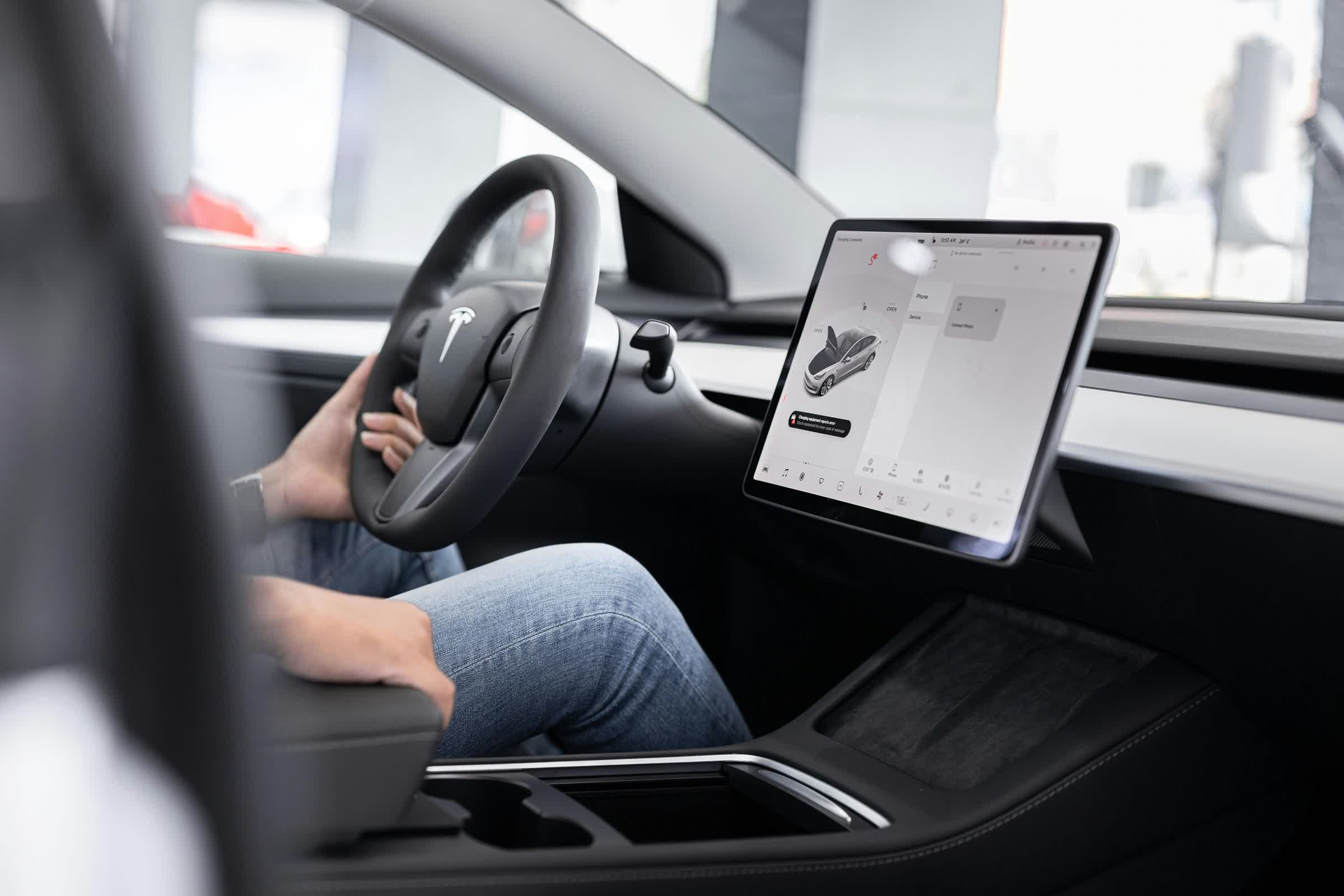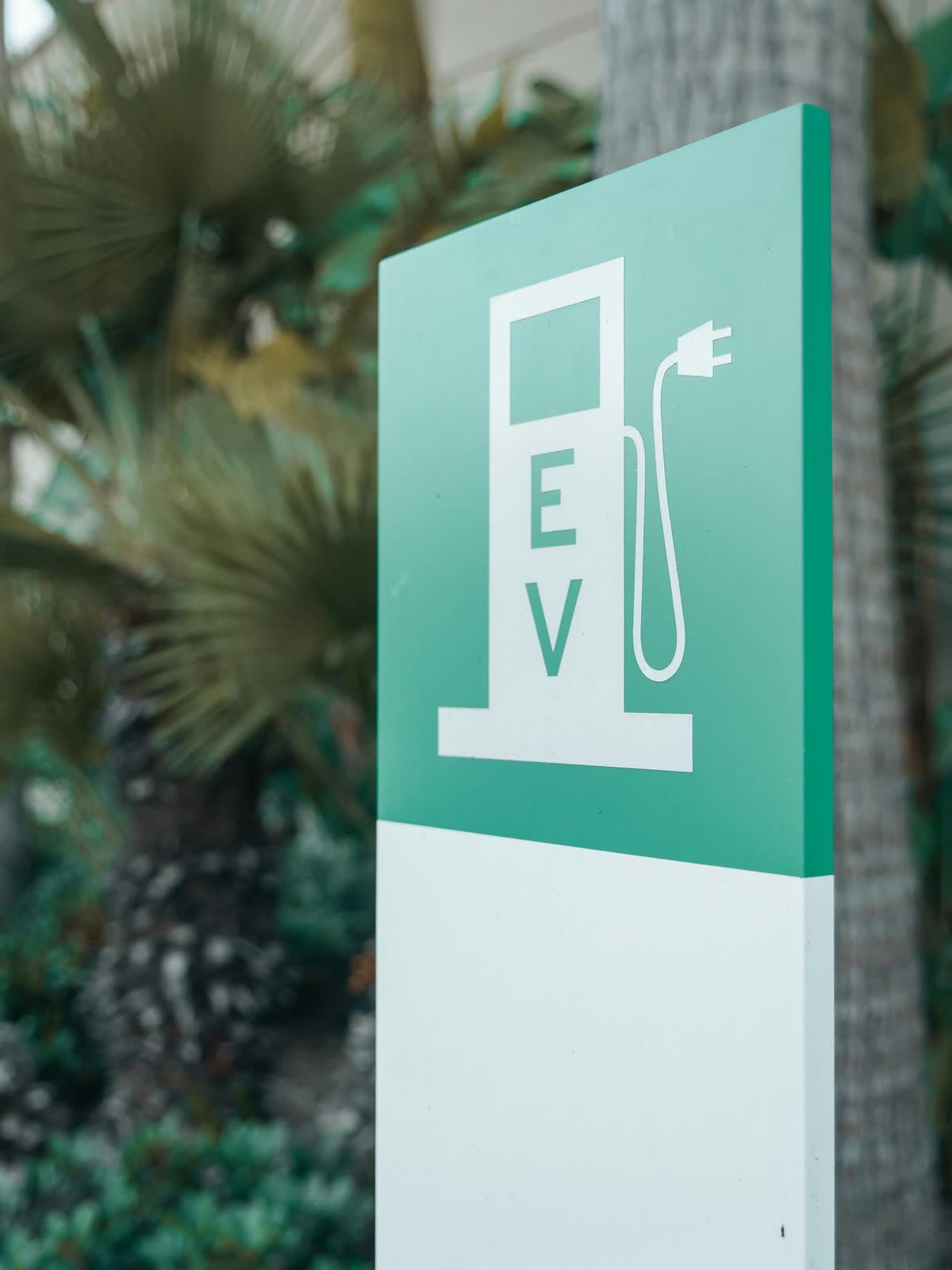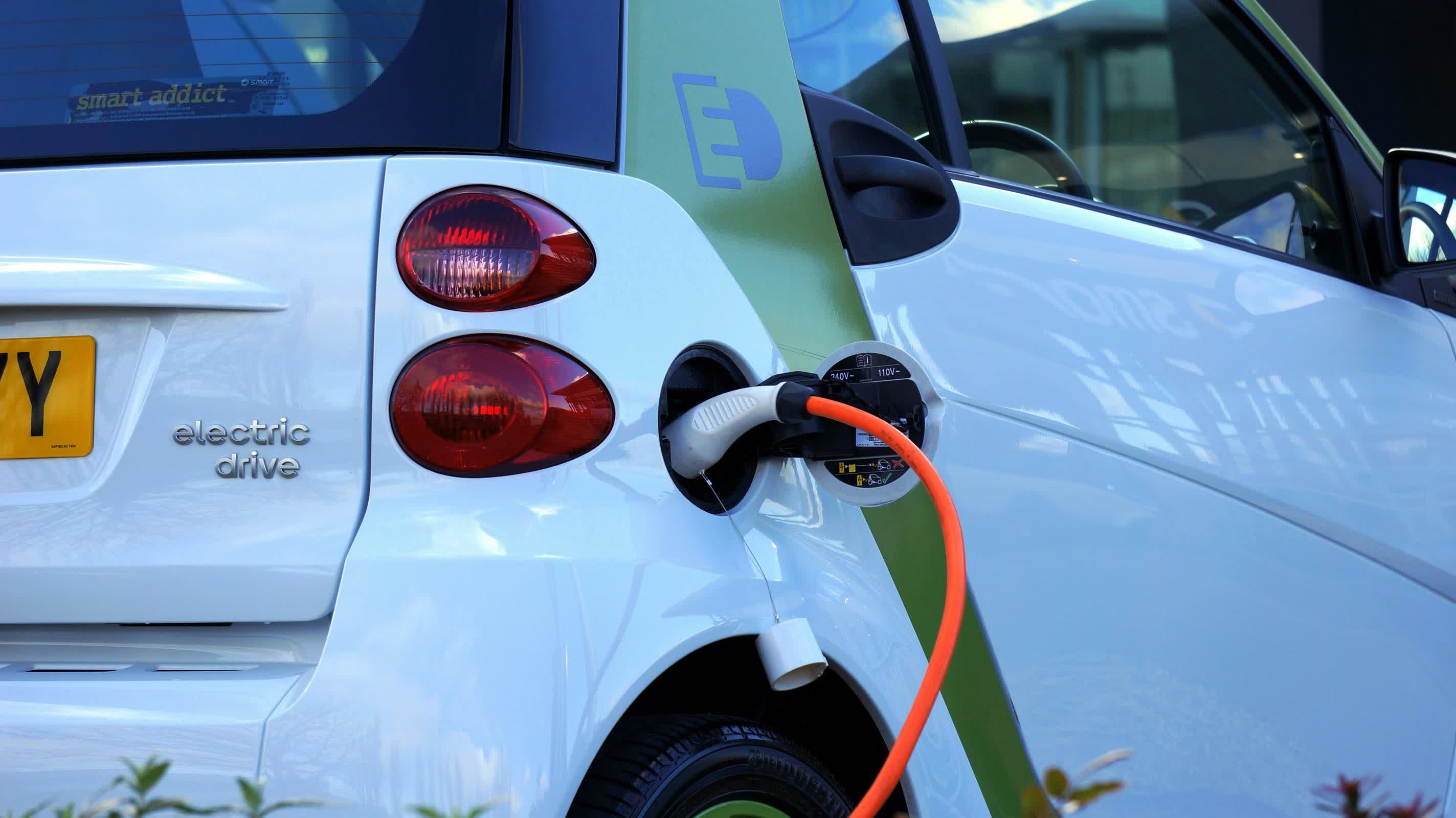Bottom line: With falling prices, increasing model diversity, and a flood of off-lease vehicles on the horizon, there's never been a better time to purchase or lease an EV. However, policy changes and market uncertainties could still reshape the sector's trajectory.
The US electric vehicle market is poised for substantial changes over the next two years, according to a new study from J.D. Power obtained by Inside EVs. It found that a complex interplay of factors is expected to impact new and used EV prices, making these vehicles more accessible to a broader range of consumers.
One of the most striking findings of the study is the projected influx of off-lease EVs entering the market. By the end of 2026, over a quarter of a million EV leases are set to expire, which could significantly increase the availability of affordable used electric vehicles.
This trend is particularly noteworthy given the historical data on EV leasing. The study reports that lease volumes for new EVs experienced a remarkable 355 percent increase throughout 2023, followed by an 88 percent rise through September 2024. As a result, J.D. Power forecasts a 230 percent spike in returning lease volumes by 2026.
The anticipated flood of off-lease EVs coincides with an ongoing decline in new EV prices. This combination of factors creates an interesting dynamic for consumers, particularly those nearing the end of their current EV leases.

The study adds that many lessees might find it more economical to lease a new EV instead of buying their current vehicle at the end of their lease term as prices continue to fall and automakers keep introducing new models.
The average monthly payment for current EV lessees is $584, according to the study, with an average residual value of leased vehicles of $29,645. The projected monthly cost to buy out the lease is $477, while the average monthly lease payment for a new EV in the same category is $457.
Meanwhile, the average price for a new EV, including incentives, has fallen to $35,900 – a substantial decrease of $12,700 from the 2022 average of $48,500.

This price reduction is occurring alongside an expansion of the EV market. Major automakers are diversifying their electric offerings. General Motors already has nine electric models available, with more in development. BMW, Hyundai, Kia, and Stellantis are also expanding their EV portfolios, and more affordable versions of existing models are being introduced. These developments will likely further drive down prices.
At the same time, consumer attitudes towards EVs are shifting. An overwhelming 94 percent of current EV owners indicated they would likely consider an EV for their next vehicle purchase, which suggests that the market for both new and used EVs is likely to remain robust. There could be another surge in the used EV market in 2028 and 2029, as many of those who lease new EVs in the coming years may opt to end their contracts and upgrade to newer models.
However, some uncertainties in the market will affect buyers. For example, the future of tax credits and incentives for EV purchases remains unclear, and changes in these policies could significantly impact market dynamics.
The study also noted a projected 2 percent decrease in returning EV leases for the coming year before the expected surge in 2026 – a short-term fluctuation that underscores the complexity of the evolving EV market.
